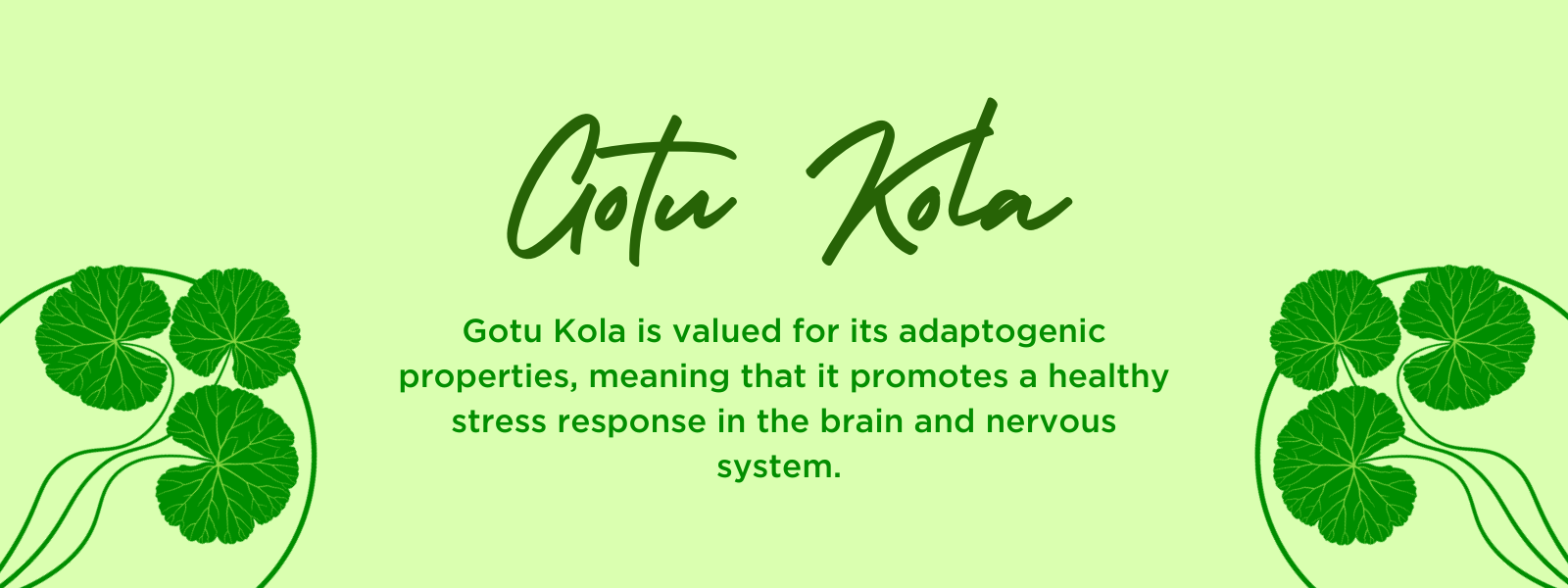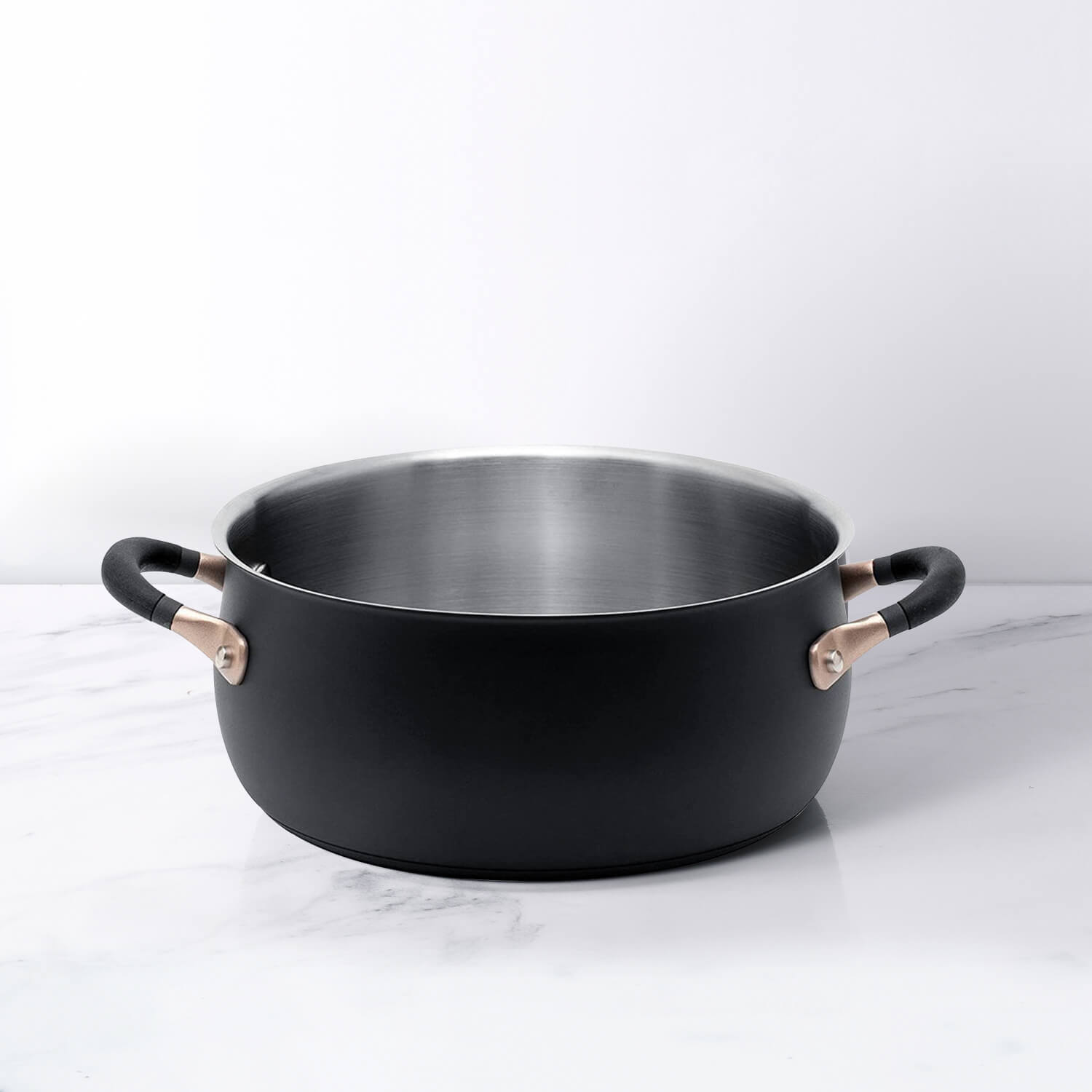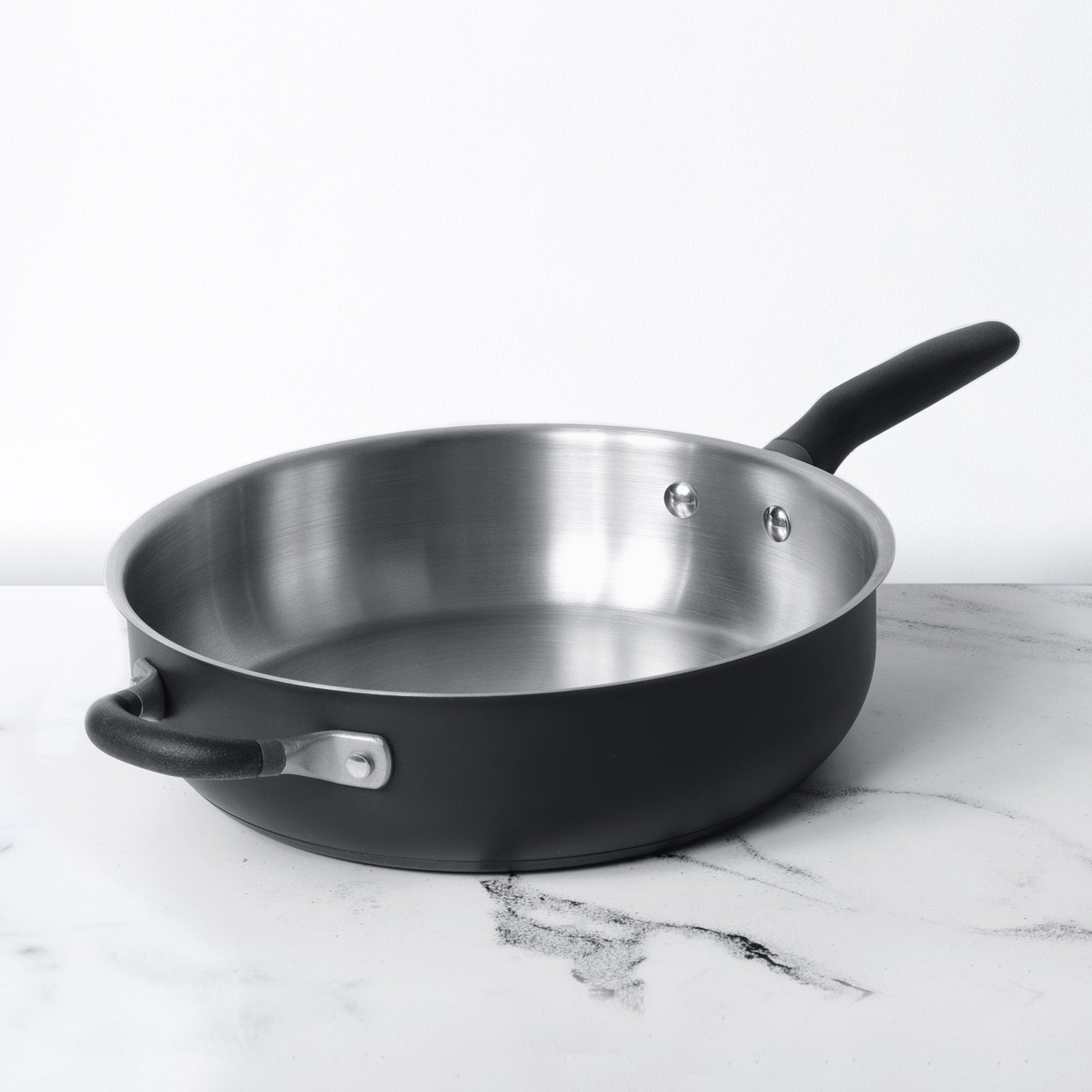Hyssop is a plant, and the parts that grow above the ground are used to make medicine.
Hyssop is used to treat digestive and intestinal problems, such as liver and gallbladder problems, intestinal pain, intestinal gas, colic, and loss of appetite. It is also used to treat coughs, the common cold, respiratory infections, sore throats, and asthma.
Infections of the urinary tract (UTI), poor circulation, HIV/AIDS, and menstrual cramps are some of the other ways it is used.
Some people gargle with hyssop, put it in their baths to make them sweat, and put it on their skin to treat skin irritations, burns, bruises, and frostbite.
Hyssop oil and extract are used to add flavour to foods.
Hyssop is used to treat digestive and intestinal problems, like liver and gallbladder problems, intestinal pain, intestinal gas, colic, and loss of appetite. It is also used to treat coughs, colds, sore throats, respiratory infections, and asthma.
It is also used to treat urinary tract infections (UTI), poor circulation, HIV/AIDS, and menstrual cramps.
Some people use hyssop to gargle, put it in their baths to make them sweat, and put it on their skin to treat skin irritations, burns, bruises, and frostbite.
Oil and extract made from hyssop are used to add flavour to food.
Table of Contents
Traditional use of Hyssop:
Hyssop has been used in herbal medicine for hundreds of years.
In the past, this plant was used to kill insects, keep them away, and get rid of lice (lice eradicator). Plant extracts have been used to make soaps and perfumes smell nice and to add flavour to liqueurs, sauces, puddings, and candies.
Health benefits of Hyssop:
In herbal medicine, the plant has been used to treat sore throats, colds, hoarseness, and as a cough suppressant. Some herbalists also think that hyssop can help with asthma, inflammation of the urinary tract, and loss of appetite. It can also help with gas and colic, which is listed as one of its medical uses.
Some people have said that a leaf extract could be used to treat wounds, but there doesn't seem to be much evidence that it works as an antibacterial.
Herbalists still use hyssop for its health benefits, and the most important part of this plant is its volatile oil. It might help a little with sore throats and as a way to help you cough up mucus. Hyssop could be used as a medicine, but no clinical studies have been done on this.
Here's a list of all the benefits of Hyssop:
Poor circulation
Cough
Upset stomach
Sore throat
Intestinal infections
Gallbladder disease
Upper respiratory illness
Asthma
Poor appetite
Dysmenorrhea
Urinary tract infections (UTI)










Leave a comment